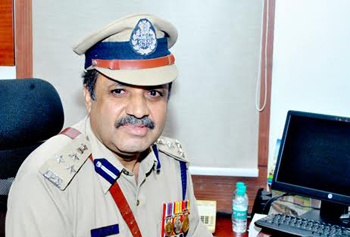Mangaluru, Jul 16: Following a report submitted by the deputy commissioner of police (law and order) K M Shantharaju, the Mangaluru police chief T R Suresh has clamped prohibitory orders under Section 35 of Karnataka Police Act under the limits of City Police Commissionerate.
The prohibitory orders imposed by the Dakshina Kannada district administration in Bantwal, Sullia, Puttur and Belthangady taluks have already completed 50 days. The ban orders will end in these four taluks on July 21.
With the imposition of Section 35 of KPA under the limits of commissionerate, entire district has come under the ban orders.
Mr Suresh stated in a release that the prohibitory orders have been promulgated based on a report submitted by the deputy commissioner of police (law and order) K M Shantharaju.
The DCP has sought the commissioner to promulgate prohibitory orders as a precautionary measure to prevent recurring of untoward incidents that were being reported at several places across Dakshina Kannada district recently.
Accordingly, people in the city will not be allowed to carry or transport weapons, sticks, knives, mace, pistols, rifles, latis or any other type of equipment that may be used for assault.
The Section prevents people from carrying explosive materials, parading effigies and shouting slogans, singing songs, delivering speeches that may trigger crime or pose threat to national security. Using posters and pictures or any other materials that may instigate crime also has been prohibited during the period.








Comments
NIA -Narendra or Narahantak Investigation Agency. Narendra Modi or RSS's own Agency.
Add new comment